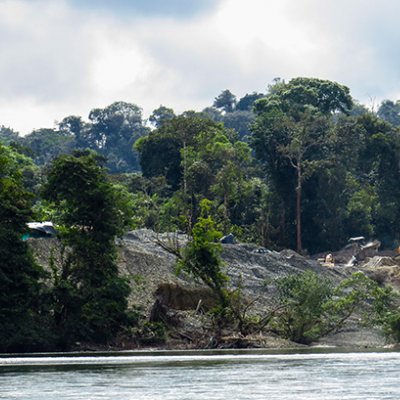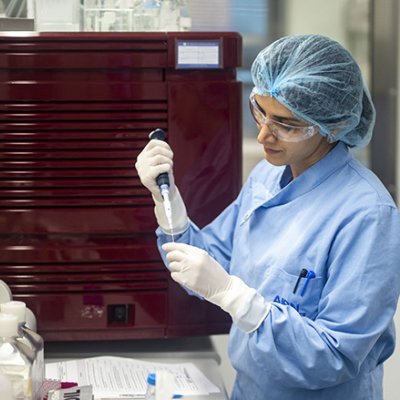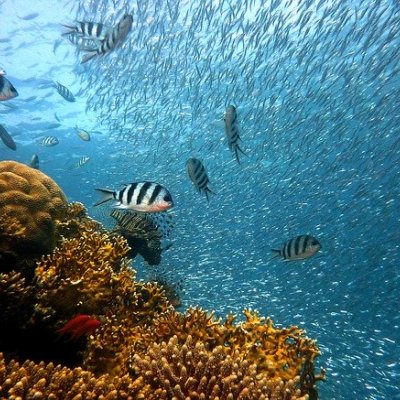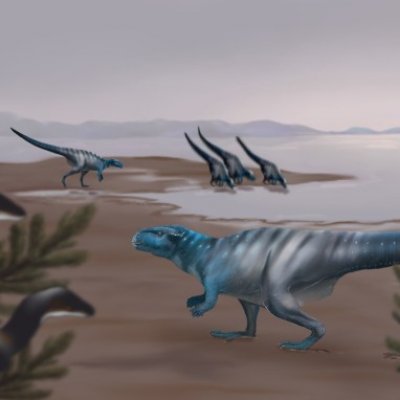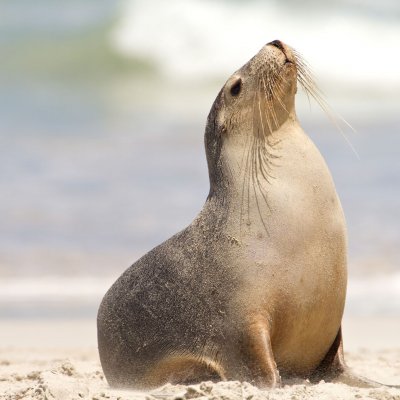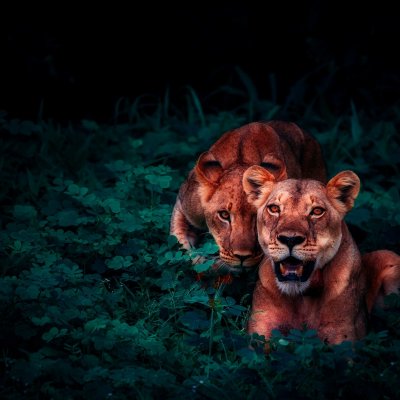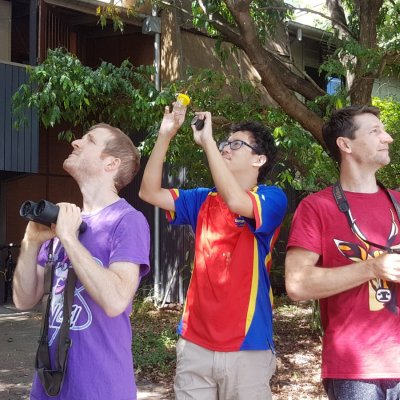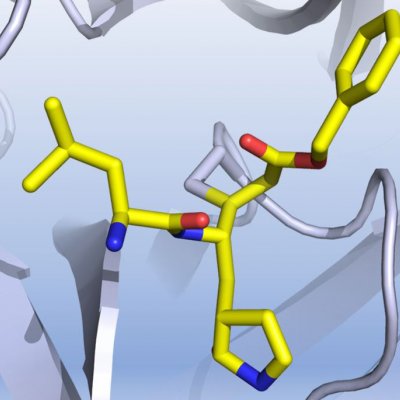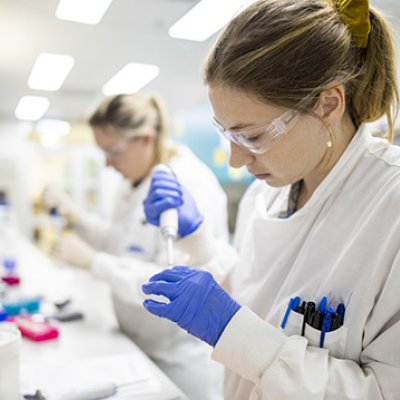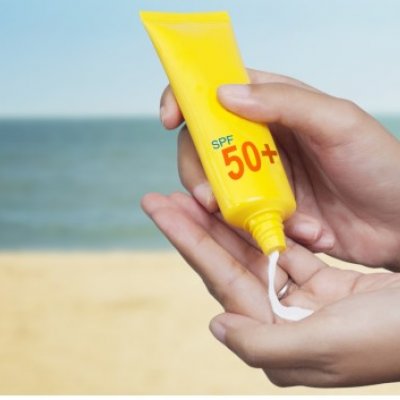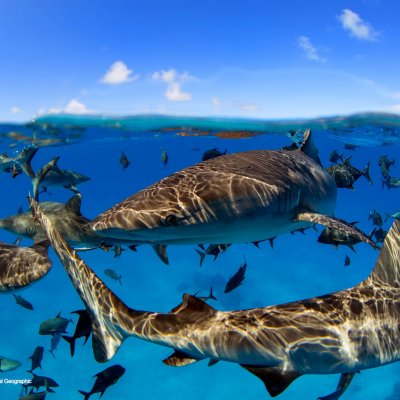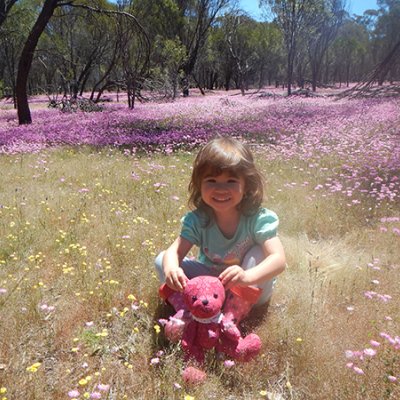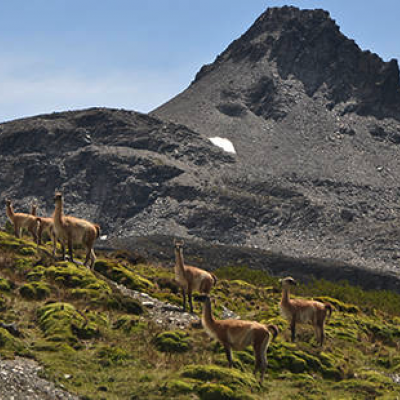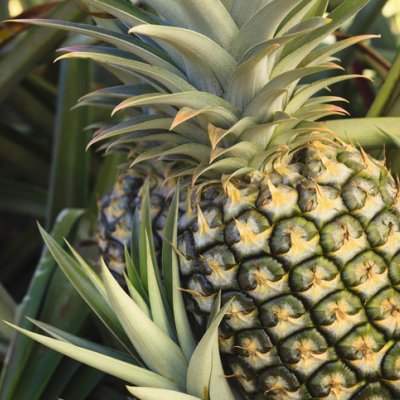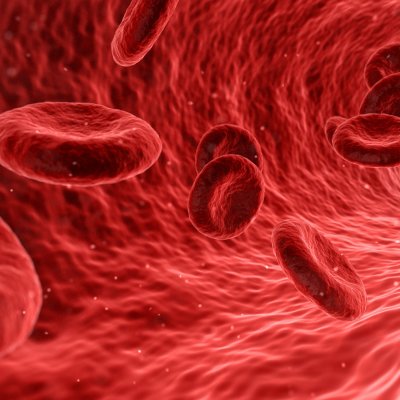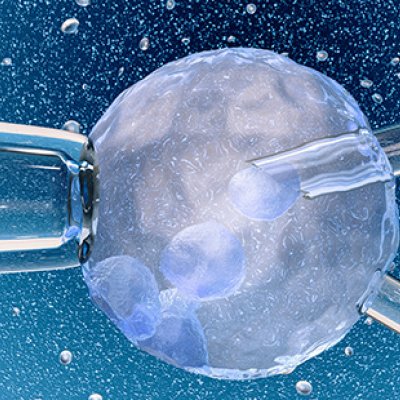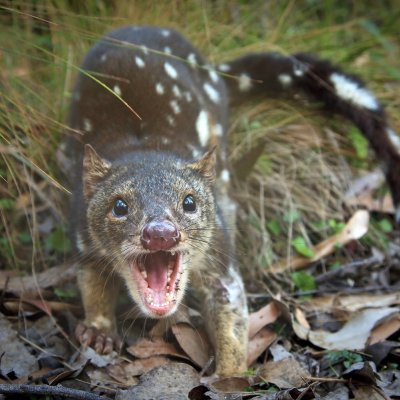Logging of native forests increases the risk and severity of fire and likely had a profound effect on the recent, catastrophic Australian bushfires, according to new research.
6 May 2020A study of deforestation in Colombia by researchers from The University of Queensland has revealed some valuable insights which could be used to help slow deforestation in areas around the globe.
1 May 2020The University of Queensland’s COVID-19 vaccine has passed another important milestone, showing the ability to raise high levels of antibodies that can neutralise the virus in early pre-clinical testing.
29 April 2020Scientists recently confirmed the Great Barrier Reef suffered another serious bleaching event last summer - the third in five years. Dramatic intervention to save the natural wonder is clearly needed.
24 April 2020Old photos from Mount Morgan’s sealed off ‘Dino Cave’ have shed light onto new and unusual Aussie dinosaur behaviours, thanks to University of Queensland research.
24 April 2020Populations of Australia’s threatened mammals have declined by 38 per cent on average in 20 years, yet research shows conservation efforts have led to significant recoveries.
23 April 2020Conservation researchers have debated two different approaches to protecting biodiversity for years, but an international team of scientists has found a combination could achieve the best results.
22 April 2020Stuck together in isolation, three University of Queensland scientists have started a new online challenge to get us more acquainted with our (very) local wildlife.
17 April 2020The University of Queensland’s newly appointed Chief Student Entrepreneur believes the methodologies and agile nature of startups will be adopted widely as a result of the pandemic.
15 April 2020An international team of researchers has tested more than 10,000 compounds to identify six drug candidates that may help treat COVID-19.
9 April 2020The University of Queensland’s potential COVID-19 vaccine is entering an important new phase of testing with the live coronavirus to determine how effectively it induces protection against coronavirus infection.
9 April 2020Genetic variations in the skin can create a natural sunscreen, according to University of Queensland researchers investigating the genes linked with vitamin D.
2 April 2020It’s not too late to rescue global marine life, according to a study outlining the steps needed for marine ecosystems to recover from damage by 2050.
2 April 2020At just six, Grace Fulton is possibly Australia’s youngest scientist, participating in field research to help protect precious owl species.
31 March 2020More than 2000 renewable energy facilities are built in areas of environmental significance and threaten the natural habitats of plant and animal species across the globe.
25 March 2020New pineapple varieties which grow more reliably and predictably are being developed in a University of Queensland-led project that will benefit farmers and industry.
9 March 2020Australian experts are calling for the higher education sector to prepare for the knock-on effects of climate change on their research.
24 February 2020Customised immune-blocking medication may be the key to treating patients with motor neurone disease (MND), which currently has no cure and limited therapeutic options.
17 February 2020Researchers have lifted fertility rates in older female mice with small doses of a metabolic compound that reverses the ageing process in eggs, offering hope for some women struggling to conceive.
12 February 2020A new approach to compensate for the impact of development may be an effective alternative to biodiversity offsetting – and help nations achieve international biodiversity targets.
12 February 2020- ‹ previous
- 4 of 5
- next ›

